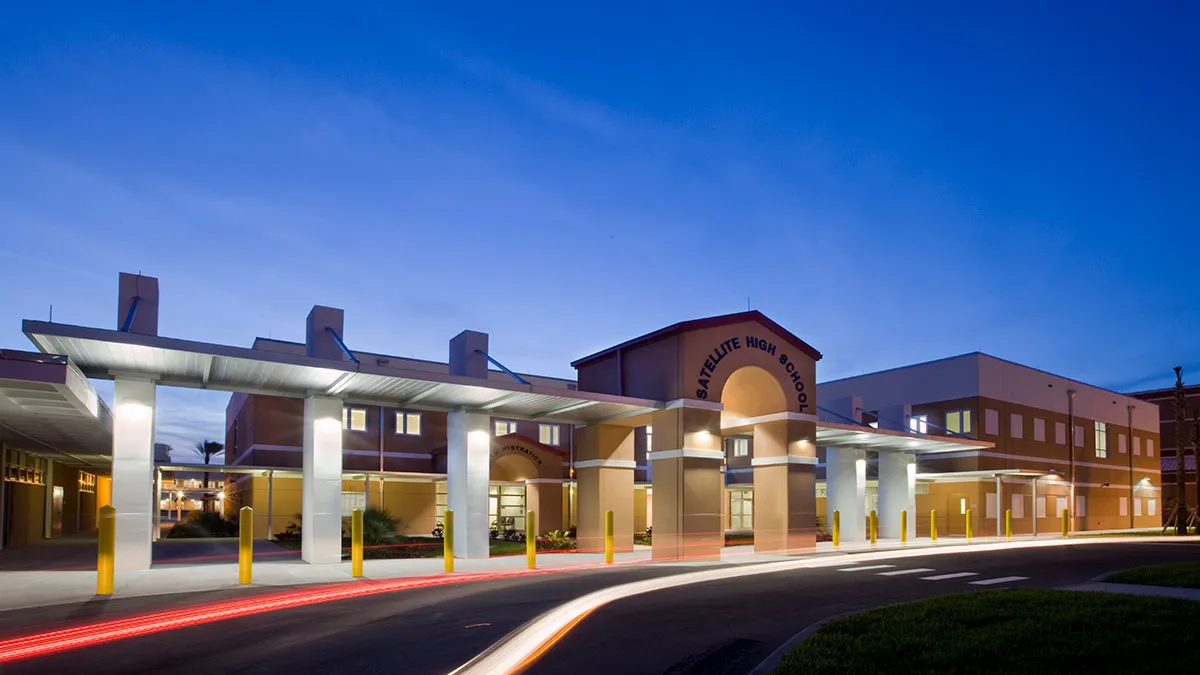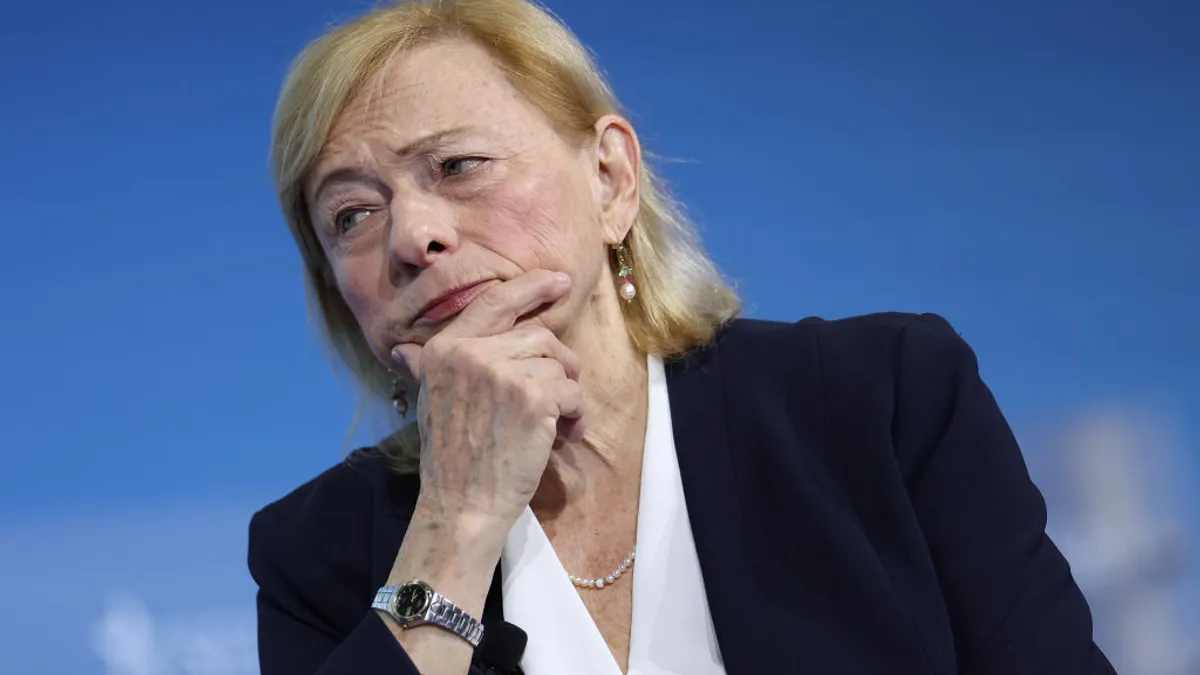Tuesday's Supreme Court's 6-3 decision that Maine violated the First Amendment by restricting religious private schools from using public tuition assistance programs is being met with a mix of reactions and concerns.
The decision, split among ideological lines, has garnered praise from some school choice proponents who see this as fuel for their movement, a win for parental rights in education and a decision that will prevent discrimination against religious schools. At the same time, it's received pushback from public school supporters.
"The decision certainly creates further momentum in the direction that any statute that limits relief to non-sectarian schools is in trouble and ... reaffirms what was already clear from Espinoza," said Paul Clement, former U.S. solicitor general under President George W. Bush and current counsel to the Center for Education Reform, in a statement.
The decision also drew heavy criticism from public school advocates who see it as a blow to the separation of church and state, and a way to fund religious education with taxpayer money.
Becky Pringle, president of the National Education Association, called the decision a "radical ruling" that undermines public schools. "Forcing American taxpayers to fund private religious education … erodes the foundation of our democracy and harms students," Pringle said in a statement.
Decision expands choice, funding of religious education
In their Carson v. Makin ruling, the Supreme Court majority decided families should have the option to send their students to private religious schools using a public tuition subsidy program.
“It certainly energizes the choice movement,” said Joshua Dunn, professor of political science at the University of Colorado, Colorado Springs. “As school choice broadly becomes more popular, and states respond to that, it’s going to be more difficult for them to limit the range of choice options, at least legally."
Overall, the decision will also make it easier for religious private schools to access public subsidies.
“Today’s decision makes clear, once and for all, that the government may not bar parents from selecting religious schools within educational choice programs, whether because of their religious affiliation or the religious instruction they provide,” said Michael Bindas, senior attorney at the Institute for Justice who argued the case in front of the Court, in a statement.
Vermont's program, which is similar to Maine's, will see an immediate impact, said Noelle Ellerson Ng, associate executive director for advocacy and governance at AASA, the School Superintendents Association. "But it sets the stage for a legislative playbook in other states, for advocates to move legislation that would create programs that would then be obligated to fund public and private schools, including those doing religious instruction."
The logic from the case could also be applied to states with religious charter schools, which means any state with a charter school-authorizing law — which includes at least 45 states and the District of Columbia — could be required to fund religious charters, said Will Stancil, a research fellow at the Institute on Metropolitan Opportunity. Stancil focuses on civil rights law and policy in housing and education.
"I also don’t see why most sectarian schools would want to continue operating as private schools if they could simply reorganize as charters, drop tuition requirements and replace tuition with SCOTUS-mandated public funding," he said.
Increased public funding for private schools could siphon away money from public schools, said Rep. Bobby Scott, D-Virginia, in a statement.
“Public dollars should be used to fund public schools,” Scott, chairman for the House committee on Educatoin and Labor, said. “This decision will negatively impact the roughly ninety percent of our nation’s students who attend public schools and will see resources diverted away from their education.”
Brings to question discrimination
There are also concerns that the decision could lead to public tax dollars supporting attendance at schools that discriminate against certain students.
"This is totally unacceptable," said John King, former education secretary under President Barack Obama and current candidate for Maryland governor, in a social media post. "Public money should only be for public schools, and this decision will open the door for your tax dollars to be sent to schools that discriminate against their students."
The Maine schools at question in the Carson case, Temple Academy and Bangor Christian Schools, discriminate against LGBTQ students, public school advocates say.
Associate Justice Stephen Breyer wrote in his dissent that these schools "have admissions policies that allow them to deny enrollment to students based on gender, gender identity, sexual orientation, and religion, and both schools require their teachers to be Born Again Christians."
Justices in the majority opinion did not address the details of publicly funding schools with such policies.
Dunn, however, said future cases may address these issues.
"That's going to have to be worked out in future litigation … what kind of strings can still be attached to public funding," Dunn said. "So that might be where the future battle lines are going to be drawn."
Blaine Amendments hang by a thread
Dunn said the decision also could severely limit Blaine amendments — a series of late 19th century amendments enacted in state constitutions to prevent states from funding religious schools.
Through its decision, the Supreme Court "made clear that the government cannot eliminate religious educational options, regardless of whether the State is motivated by a school’s religious status or by the fact that the school provides religious instruction,” said Arif Panju, managing attorney at the Institute for Justice, in a statement.
Currently, 37 states have such an amendment, according to the Institute for Justice.
"The court took another step in the direction of declaring Blaine amendments unconstitutional, but did not fully do so," said Dunn.
In declaring the Carson decision "a MAJOR victory for students, families, and religious freedom, Betsy DeVos, former education secretary under Donald Trump, said in a social media post the ruling brings the country "one step closer" to the Supreme Court "sending bigoted Blaine amendments to the ash heap of history once and for all."







 Dive Awards
Dive Awards















